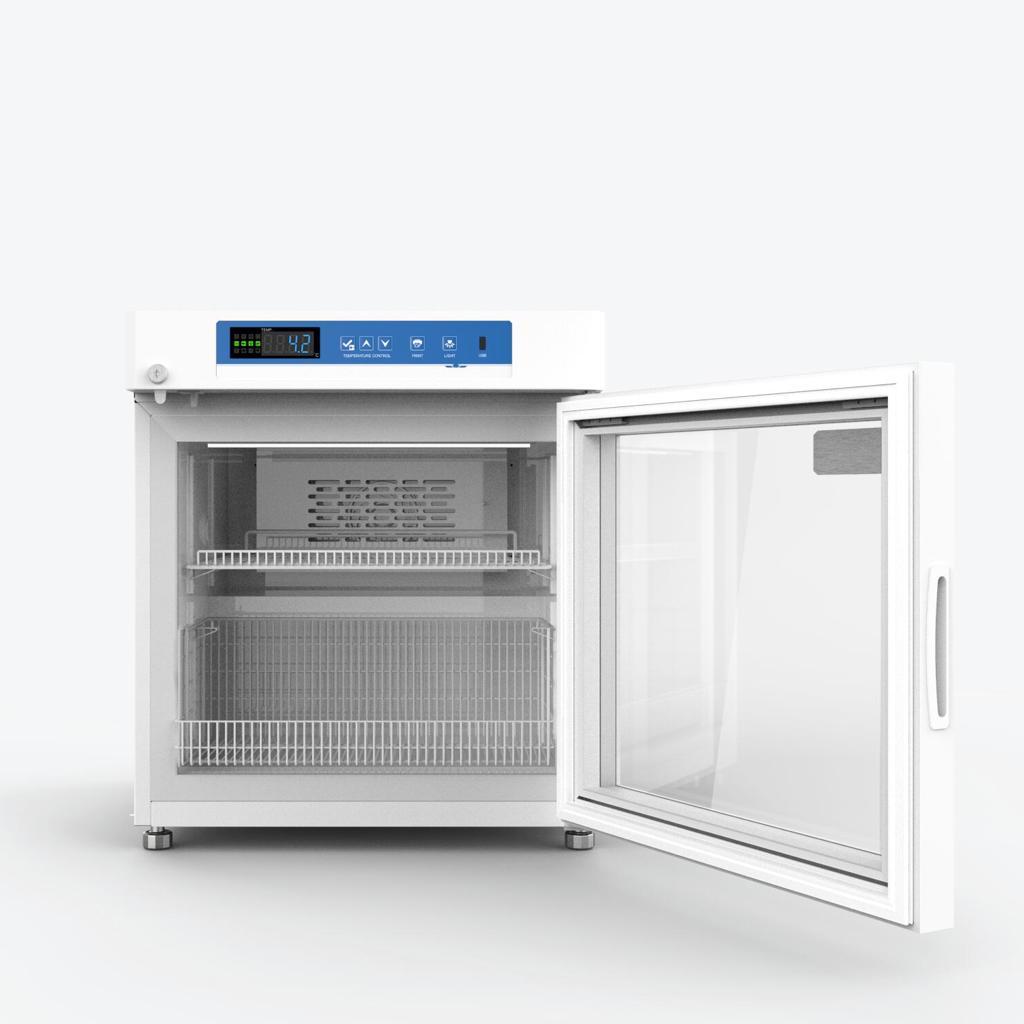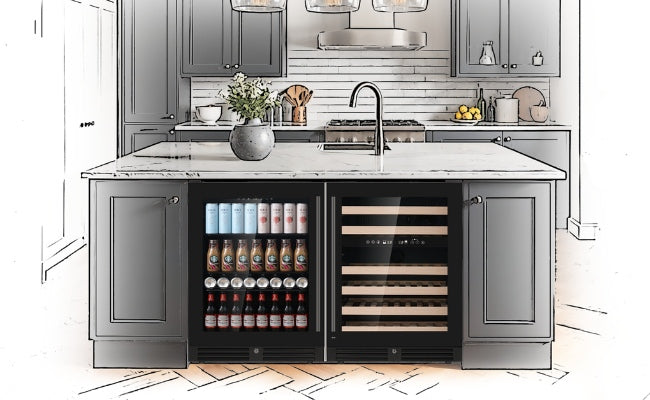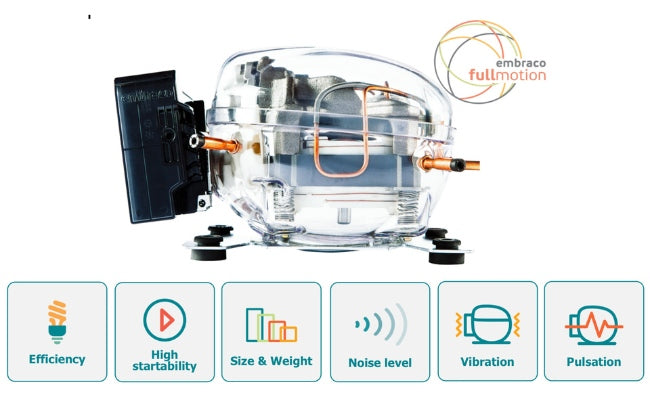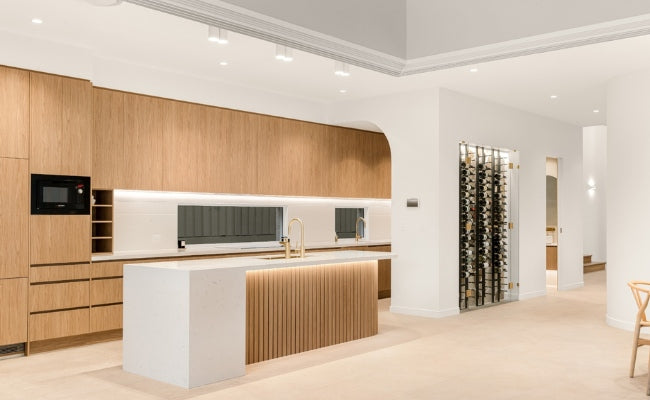
Key Considerations When Buying a Laboratory Fridge or Freezer
Choosing the best equipment for the job is crucial when you’re running a laboratory conducting tests or experiments on samples. Many medical samples are sensitive to temperature and other environmental factors and become useless without proper storage. If you’re running a medical lab, a medical lab refrigerator is key to storing the samples you need to analyze safely.
Simply keeping your samples cool isn’t enough. A laboratory fridge doesn’t just keep things cool: it can keep temperatures within a very specific range, prevent your samples from being contaminated, and perform other specialized functionalities your lab needs.
Choosing a refrigerator for your lab isn’t as straightforward as you might think. Many lab fridges perform specific functions that may not be what you’re looking for. Before you make a purchase you don’t need—you should figure out exactly what you’re looking for.
Here are a few questions you should ask yourself before beginning to browse for a laboratory refrigerator.
How Much Storage Capacity Do I Need?
It’s important to know how many samples you’ll need to store in your lab fridge. Larger capacities allow you to take in more samples at once but may result in higher running costs.
You will also want to figure out how big of a freezer you can actually fit into the lab. Lab rooms are often filled with various equipment, and you may not have room for the lab fridge or freezer. In this case, we recommend choosing two smaller fridges which will make up the required storage capacity but will be easier to fit into the room.
Another factor you should account for is getting the new fridge into the lab. A 3 door laboratory freezer isn’t a small piece of equipment, so you will want to make sure you have proper access to place your new piece of equipment.
Do I Need a Monitoring System?
Whether you need a temperature monitoring system or not depends on how sensitive your samples are to changes in temperature. If your samples need to be stored at precise temperatures, having a monitoring system and alarms in place can make the difference between a fresh, useful sample and a spoiled one.
Monitoring systems for lab fridges tend to cost a little extra, so if you don’t foresee needing to store very temperature-sensitive samples, a lab fridge without a monitoring system may suit your needs just as well. On the other hand, if you’re not sure exactly what samples your lab will need to process, investing in a monitoring system is a good idea.
What Are My Temperature Requirements?
Lab fridges are designed to keep internal temperatures within a specific range. You will want to choose a refrigerator that can satisfy all your samples’ requirements: after all, this is the entire point of a specialized lab refrigerator! Different models of lab refrigerators work better for different sample types, so choosing one that matches your needs is crucial.
If you think you will need to store a variety of different samples, consider a lab refrigerator-freezer combo, which offers a wide range of possible internal temperatures that you can choose between whenever you need to.
Get Your Lab Refrigerators From KingsBottle
If you’re looking for a high-quality lab refrigerator that will keep stored samples at their optimal temperature, the best place to start is KingsBottle.
At KingsBottle, we have over a decade of experience in the refrigeration industry. Our 2-year manufacturer’s warranty ensures that you will get full satisfaction from our products, especially with our very reasonable prices. If you want to learn more, please contact us today.








